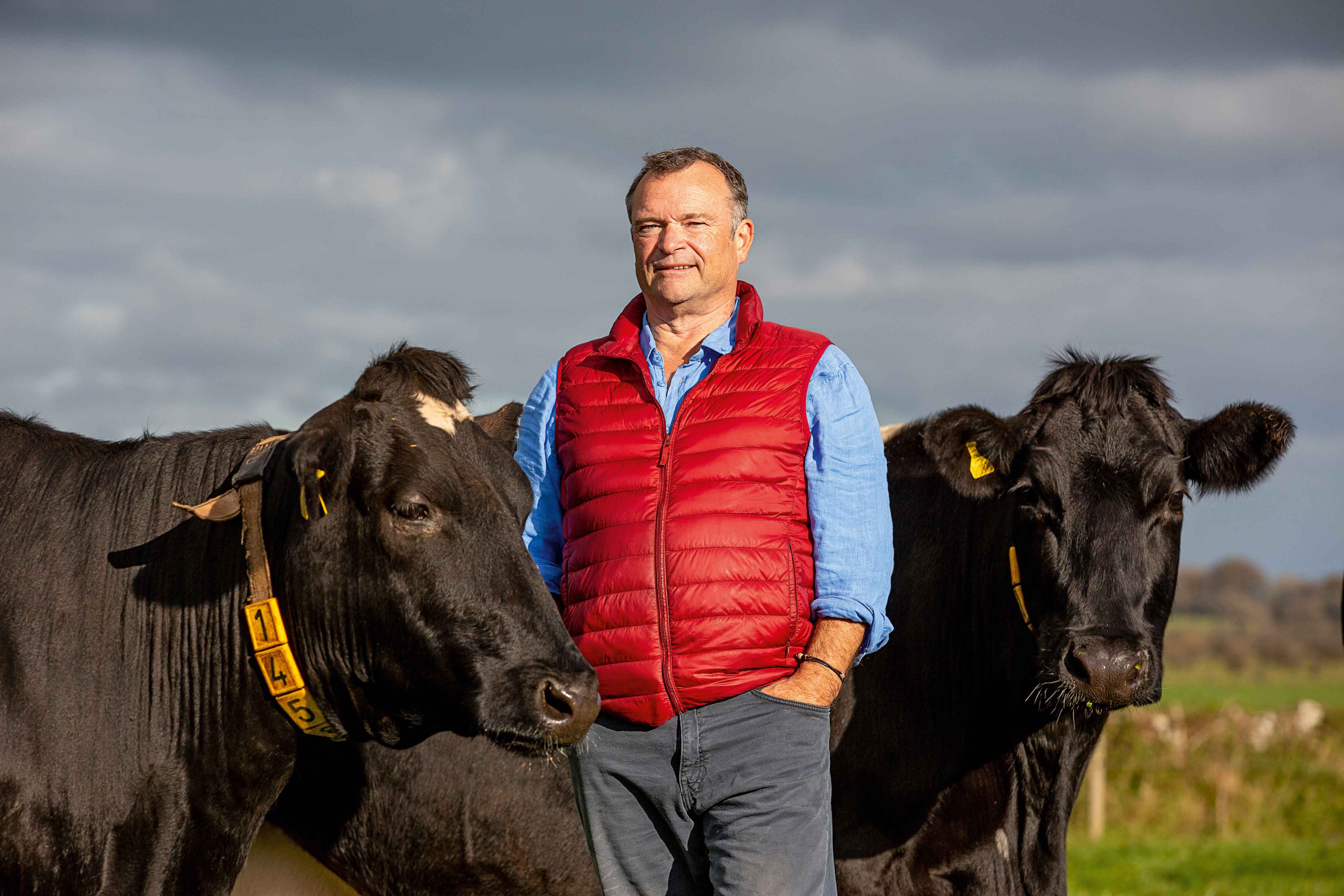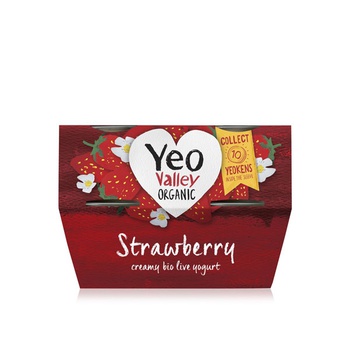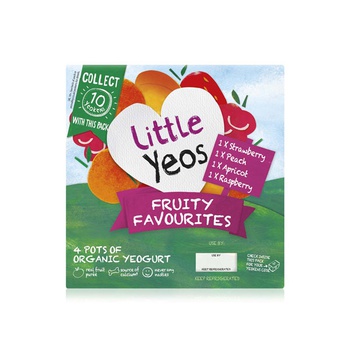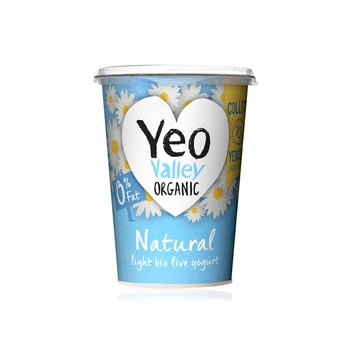Farm boy
Farm boy
You grew up on a dairy farm – what was that like?
It was just fantastic. I was surrounded by cows, sheep, chickens. I had so many trees to climb and I was able to understand everything about the nature of what was happening around me. I realise how hugely privileged I am to have had this type of upbringing. But, let it be said that I also worked hard from a young age. I was up at 6am – even during school holidays. Going back to school was quite often a rest!
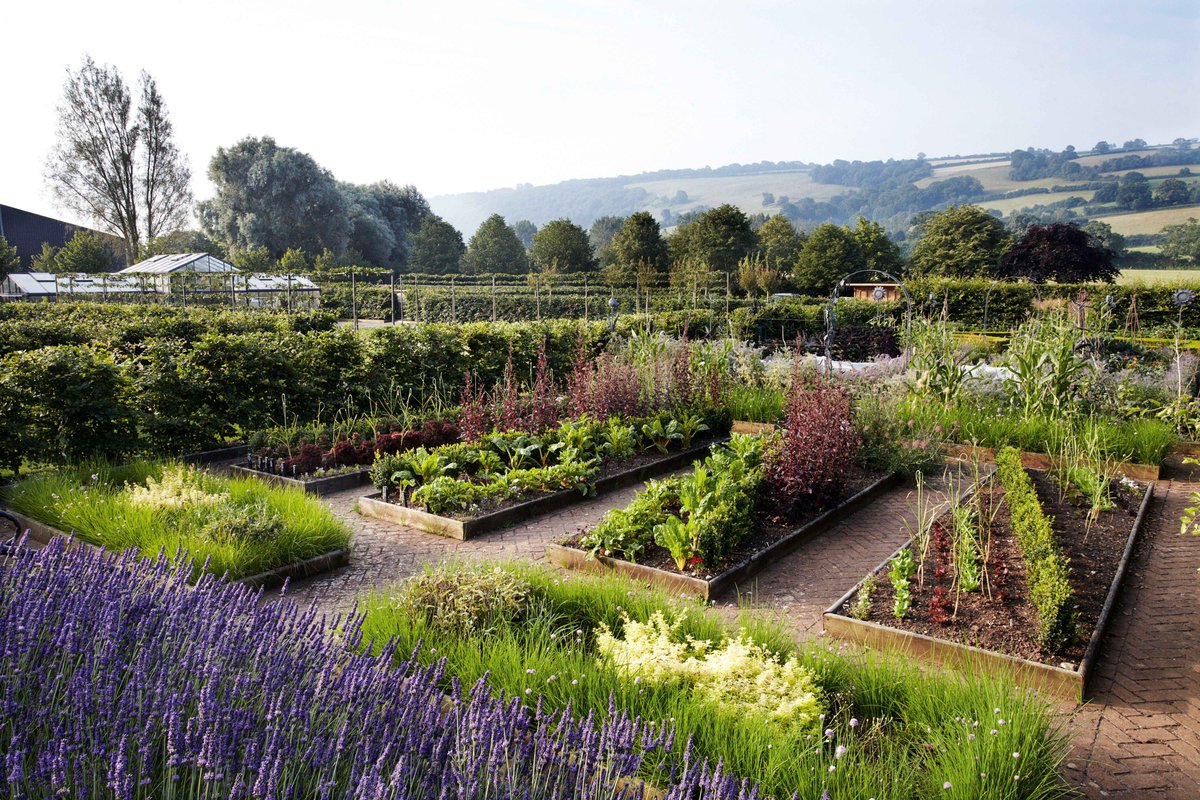
Family business
Family business
Tell us about your family’s farming background.
My father came from a farming family who lived about eight miles down the road from where we are now in Somerset. So, we’ve not come particularly far. He left school at the age of 14 as he wanted to be a farmer and he worked on his parent’s land. My parents were married young – Dad was 20 and Mum was 21 – and about a year later they bought their own dairy farm. It was 150 acres with 30 cows, chickens, some corn and apples – a typical mixed farm in the 1960s. In those days there were around 150,000 dairy farms, each with around 20 to 30 cows.
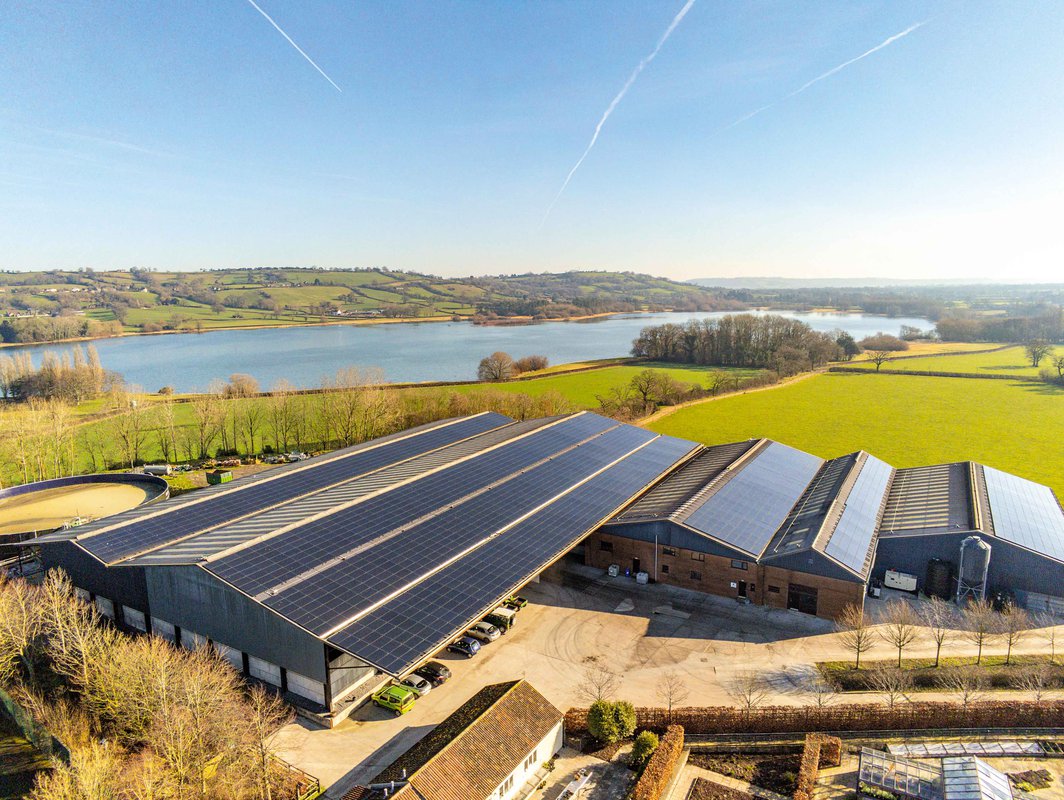
Growing fast
Growing fast
You're the number one organic brand in the UK. How did a small farm with just 30 cows become the brand that Yeo Valley Organic is today?
The days of us being able to sustain a living from 30 cows moved on and I guess my dad realised he needed to add value to the milk which we were producing. There were already lots and lots of cheesemakers – we’re a stone’s throw away from Cheddar Gorge – and we had great grass because the Yeo River runs right past the farm – so he decided new dairy products would be the best option with which to experiment. This was in 1972.
Yogurt was not popular in the UK at the time – although it was huge in France. The concept of the milkman delivering a pint of milk on the doorstep didn’t exist over there. The population was so spread out and it was not as cold as England, so any product left out for a while may have soured. Yogurt is a good way to preserve milk and the French had a real start on the world in terms of producing it. I can remember my grandparents being sceptical about the idea of us making yogurt – but that’s what we decided to do and here we are, 60 years later, producing a lot of it!
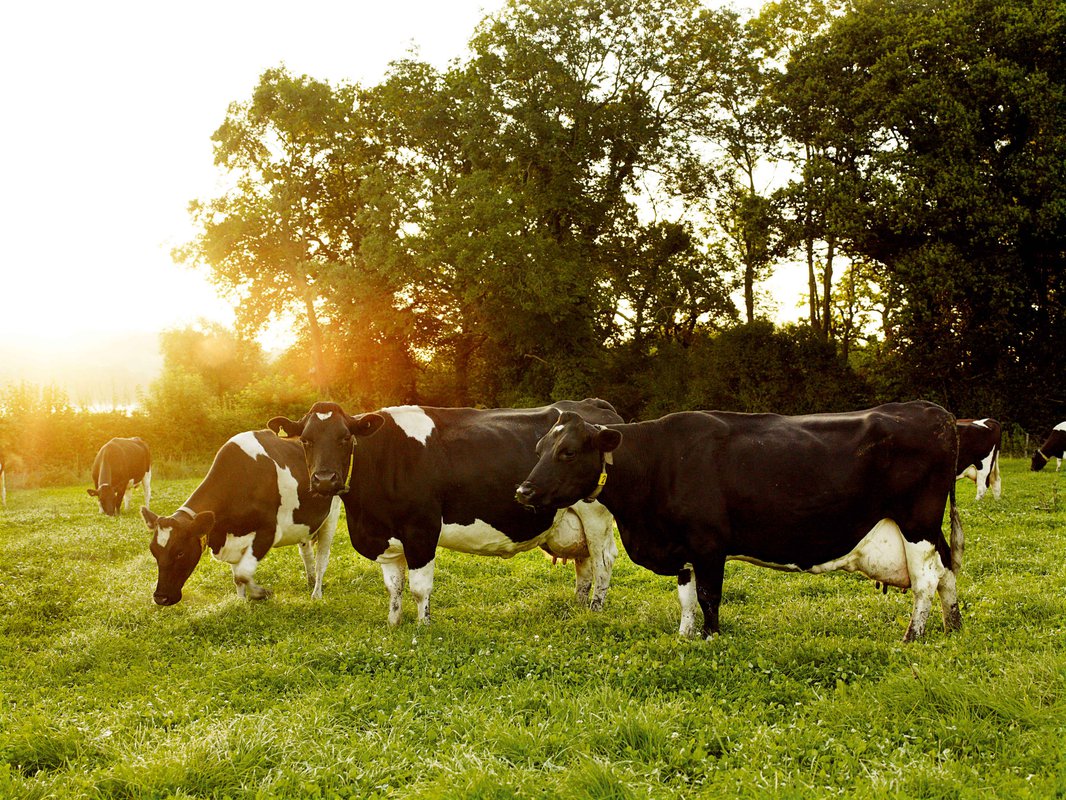
Following the herd
Following the herd
Good dairy products need good milk from healthy, happy cows – tell us about your herd.
As farmers, it is important for us to have diversity among our cattle. We’re passionate about British Friesians and my mother, Mary, loves and breeds all our cows. They’re a real part of the family, with their own names and a very detailed family tree. We also breed with a dual purpose in mind: some calves will join the dairy herd, while others will be reared for beef.
Green fields
Green fields
What about their diet?
As well as enjoying free-range grazing on our lush pastures, they eat organically grown cereals.
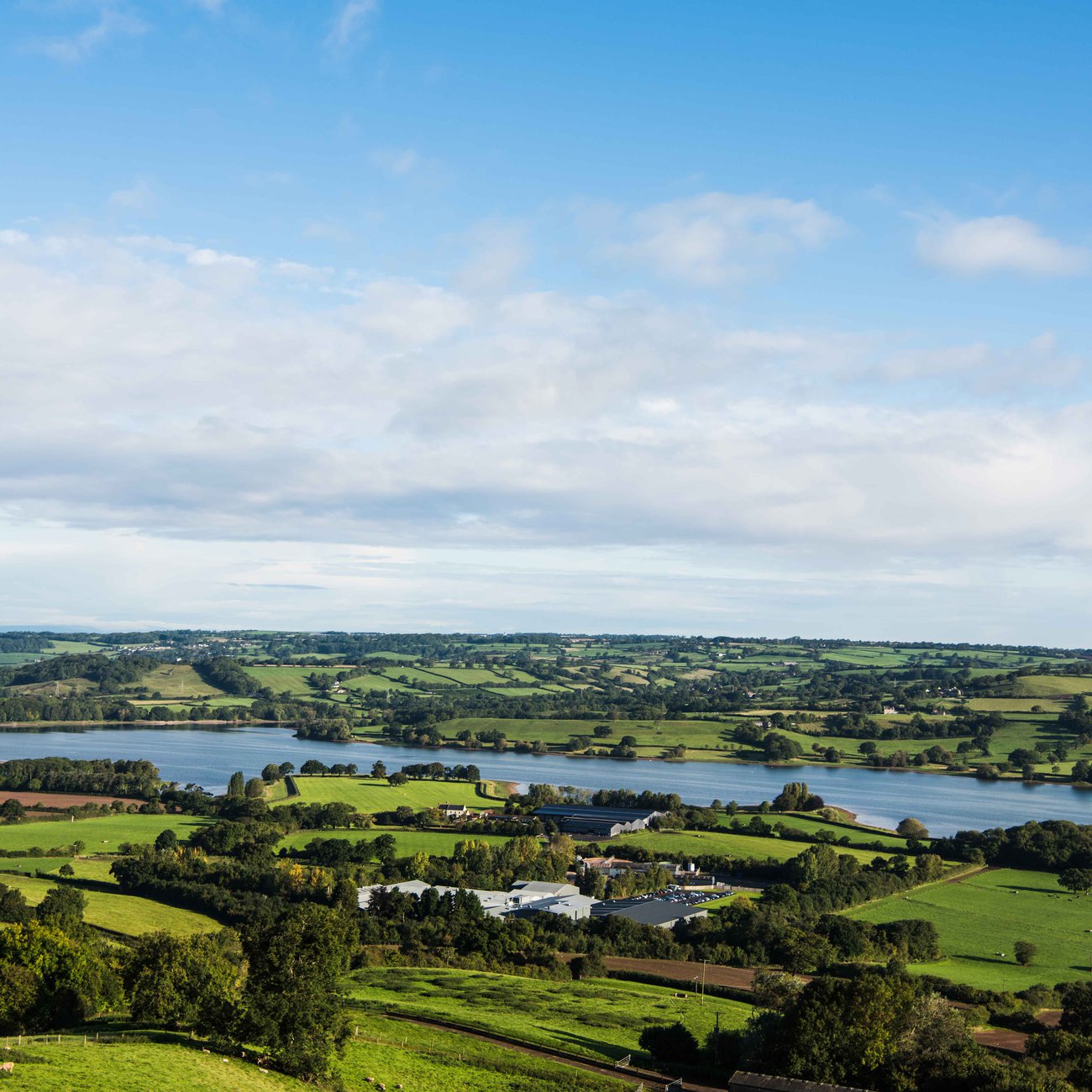
The farm uses clover and grass mixes to restore nutrients into the soil without having to use artificial fertilisers
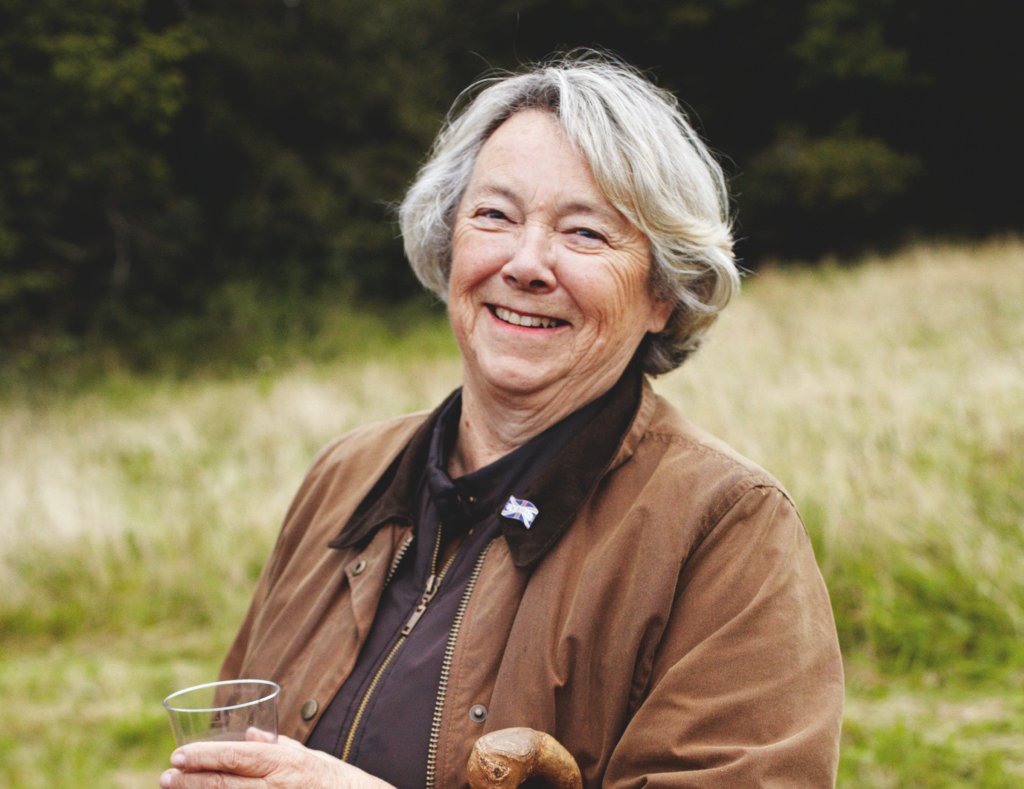
Mary Mead was awarded an OBE for services to sustainable dairy farming in 2012
Keeping it real
Keeping it real
For the past 26 years, you’ve farmed organically. Why do you believe this is the best practice?
In the last century, agriculture lost its way, with intensive farming methods depleting the soil’s nutrients and overdosing on chemicals and pesticides to try and make up for it. Organic farming builds the soil’s fertility through the use of green manures, crop, grass and livestock rotation and the planting of cover crops, such as clover, which uses the sun’s energy and fixes nitrogen in the soil to help other plants grow.
It doesn’t rely on artificial, harmful substances – instead, it encourages wildlife which feeds on the bugs that could harm our crops, acting as natural pest control. All this makes for a much healthier world.
What’s really exciting though, is that people have realised that organic farming does more than any other system to reduce greenhouse gas emissions from agriculture. Healthy, organic soils are one of the biggest carbon sinks, locking away – or ‘sequestering’ – carbon, keeping it out of the atmosphere and helping to prevent climate change. We’re in such a fantastic position: we can produce really healthy, nutritious food and actually be a solution.
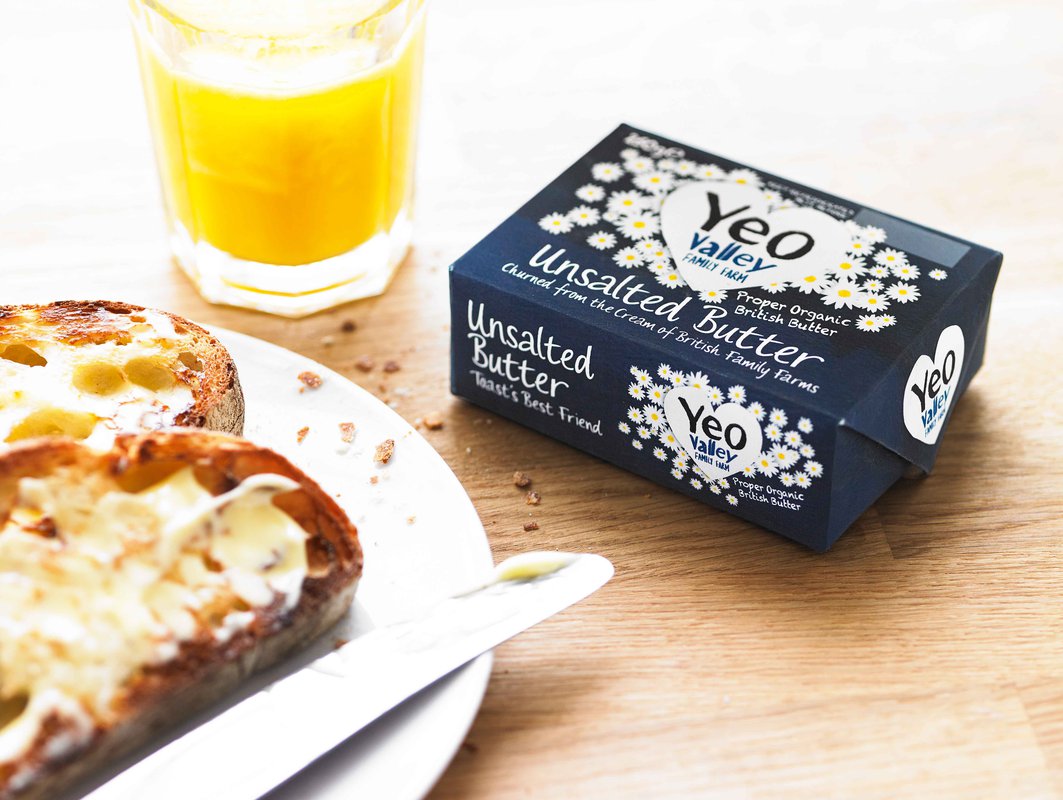
Helping hand
Helping hand
Do you have a message for consumers?
Many people may choose organic products because they say they’re tastier, or because they’re pesticide-free or because of animal welfare. What one needs to realise is that it is more than that. Just as you would put solar panels on your roof or drive an electric car – buying organic products is a fundamental choice that can start to reverse climate change. You’re choosing to support renewable energy as opposed to industrial farming methods which grow monocrops and use artificial fertilisers derived from oil and gas.
Going underground
Going underground
Biodiversity is a buzz word at the moment – what are your thoughts?
As an organic farmer, I’m concerned about biodiversity below the grass. So, all the microbes, fungi and living creatures in the soil. This is all the diversity that allows the next layer of plant life, and in turn the next layer of animal life, to exist. We have to look after what is below the earth.
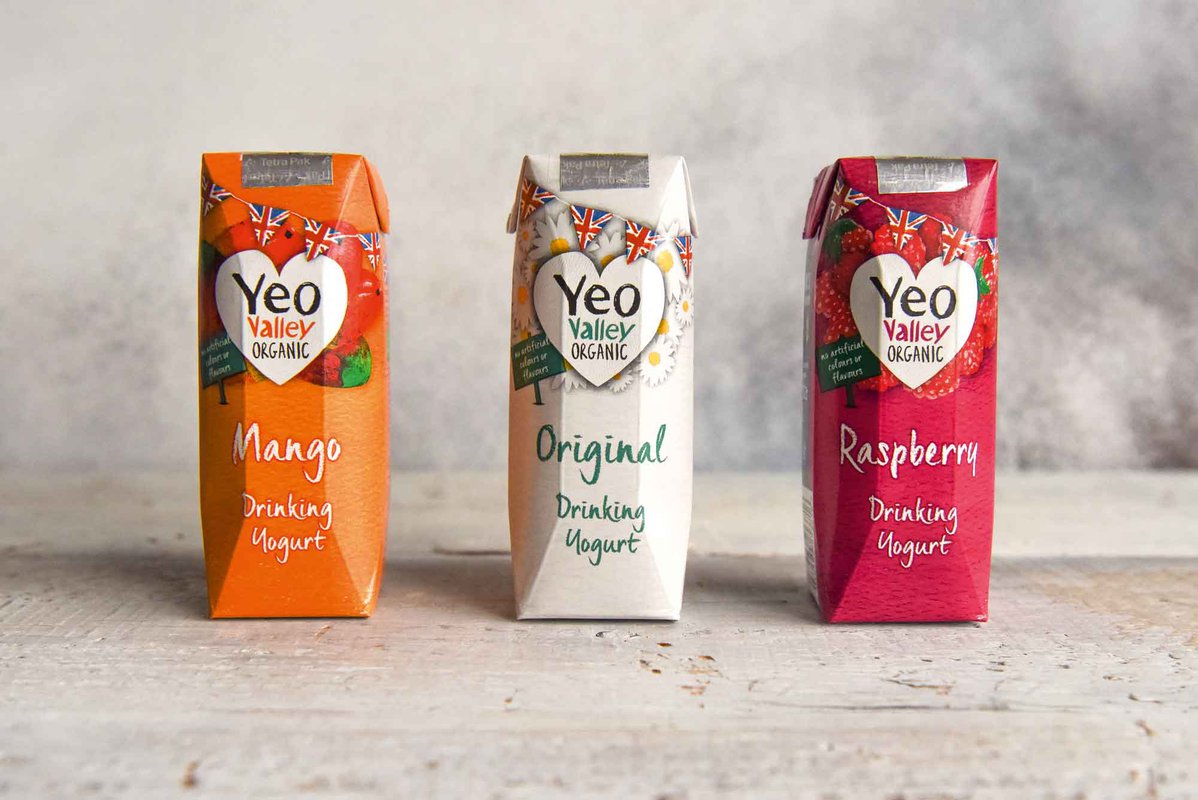
History lesson
History lesson
How has the UK’s organic dairy industry evolved over the last couple of decades?
When we started producing organic products in 1994 we worked closely with a co-operative comprising just six farmers. There were around 10 million litres of organic milk in the country at the time. Today, in addition to our own two dairy farms, more than 100 farms supply the Yeo Valley Organic brand and there are now half a billion litres of organic milk. Our ambition is to double this.
"We’re in such a fantastic position; we can produce really healthy, nutritious food and actually be a solution"
Cream of the crop
Cream of the crop
Do you have a favourite product? And is there one of which you are particularly proud?
I have our natural yogurt for breakfast every morning. Our Greek yogurt is probably the most outstanding in my opinion, but our latest super thick kerned variety, which is a strained yogurt like fromage frais, skyr, labneh or quark, is new for the UK market. It’s higher in protein, low in sugar and because of its texture, it’s great for dips. It’s available in 100 per cent recycled and recyclable pots.
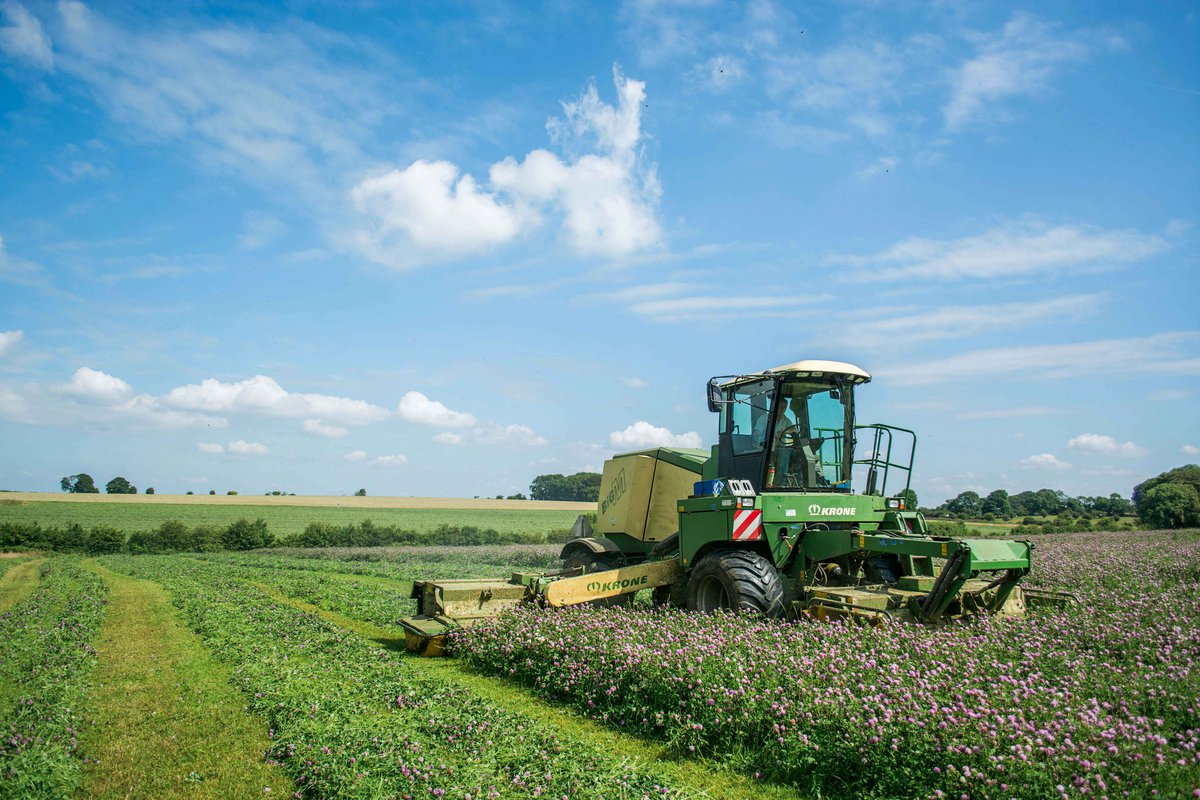
"You’re choosing to support renewable energy as opposed to industrial farming methods which grow monocrops and use artificial fertilisers derived from oil and gas"
Rich and pour
Rich and pour
You’ve also just launched a drinking yogurt range at Spinneys – tell us about these new drinks.
Grab-and-go seems to be the way the world is going, so we developed these drinking yogurts with this idea in mind. Like all our items, they’re healthy, nutritious and organic.
Visitors welcome
Visitors welcome
Yeo Valley attracts around 50,000 visitors each year – tell us about the activities on the farm.
We have an organic garden which is open three or four days a week – people are welcome to wander around or take a tour. What we’re doing in the garden is a mini version of what we do on our farms – all the organic principles remain the same. It’s great to be able to share skills and learnings with visitors. Lots and lots of people can make a difference in their own gardens and help impact biodiversity and climate change in a positive way.
Each year, we host Valley Fest. I’m not sure if it’s the ageing rocker in me, but my wife and I do like a party and this draws a great audience. The vibe is around 65 per cent food and 35 per cent music – celebrity chefs do all the cooking and the music line-up is always good. In 2020 we were meant to have Travis, Goldfrapp and Deacon Blue – let’s hope they can make it this year.
We also host demonstrations at Yeo Valley HQ and we opened a café in London, which is another way we can talk to consumers.
Ultimately, by inviting people to come and see us keeps us open and honest. If you have people walking around your backyard as such, you will be judged on how good you are, and this will make you want to do better.
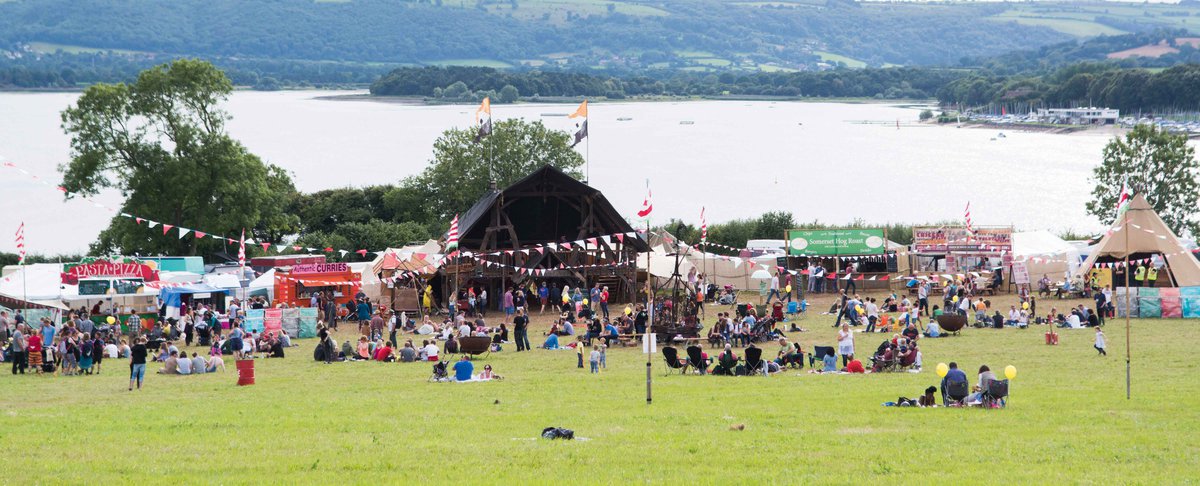
Pass it on
Pass it on
You took over the family business aged 26. Do you hope one of your four children will be at the helm one day?
That’s a difficult one – you know, 100 years ago people would just join small family businesses, but it’s a lot harder these days. If our business was smaller, it may be easier – but it’s quite a big business now and the children would have to be up for it. They may rise to the challenge or they may not want to. Obviously, it would be really nice if they did. We’ve transferred 20 per cent of the yoghurt production business to our staff – which encourages involvement and a common purpose. It would be great to see Yeo Valley Organic remain independent. I have nothing against multi-nationals – we need those – but there needs to be a balance. There are so few businesses like ours left. We can be slightly cantankerous and call things out, so we need to protect that.
For more information, visit yeovalley.co.uk
